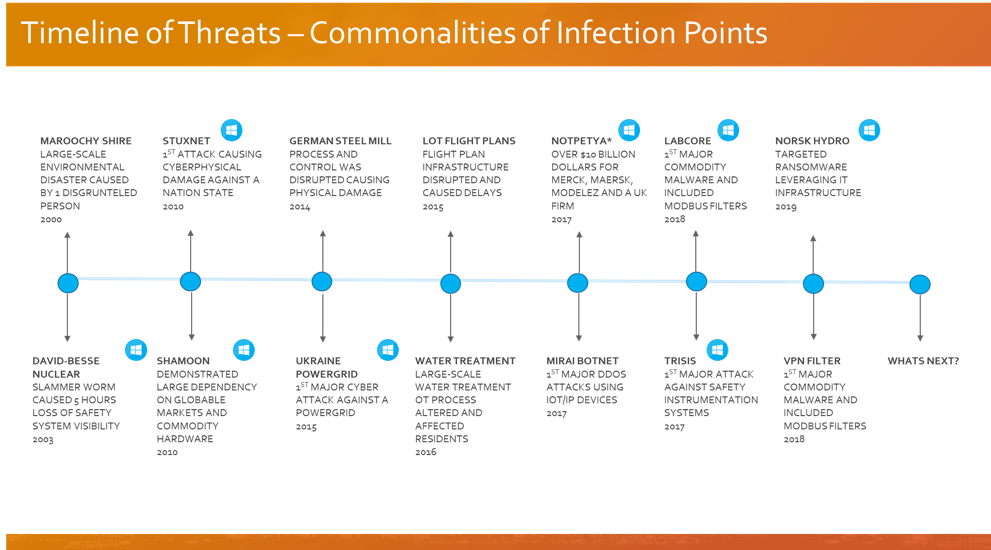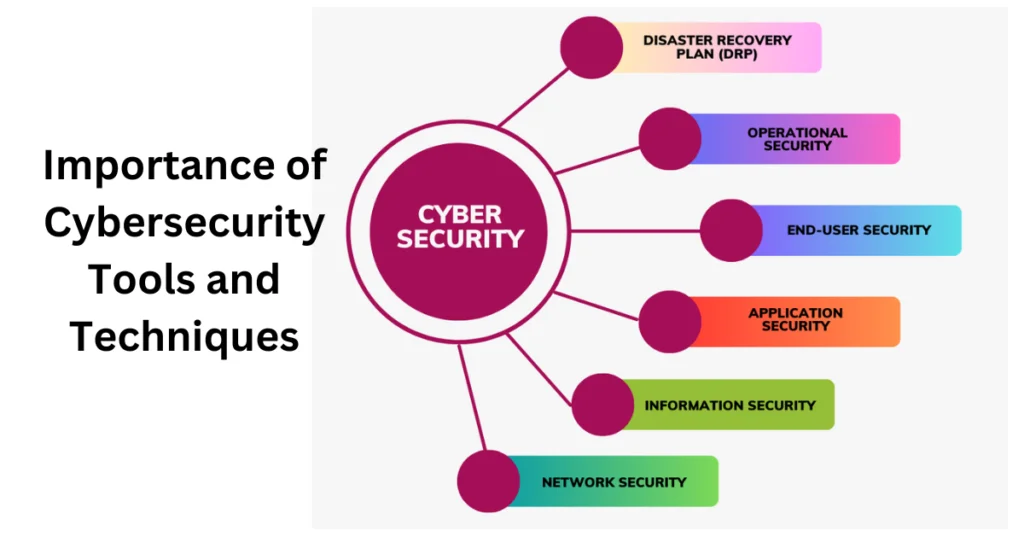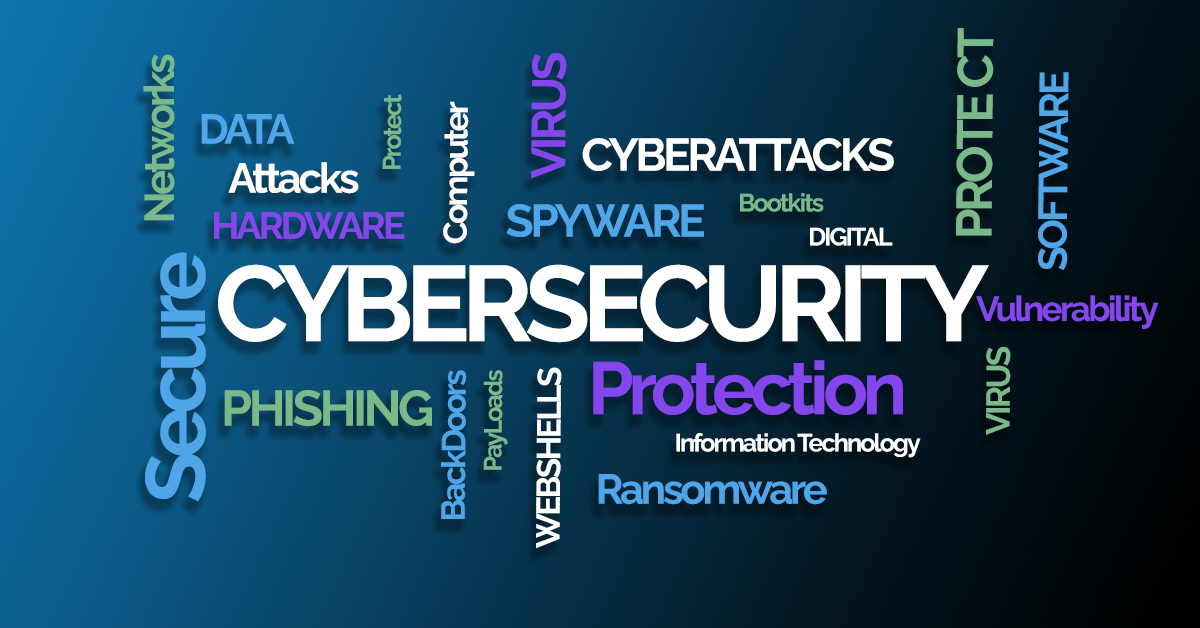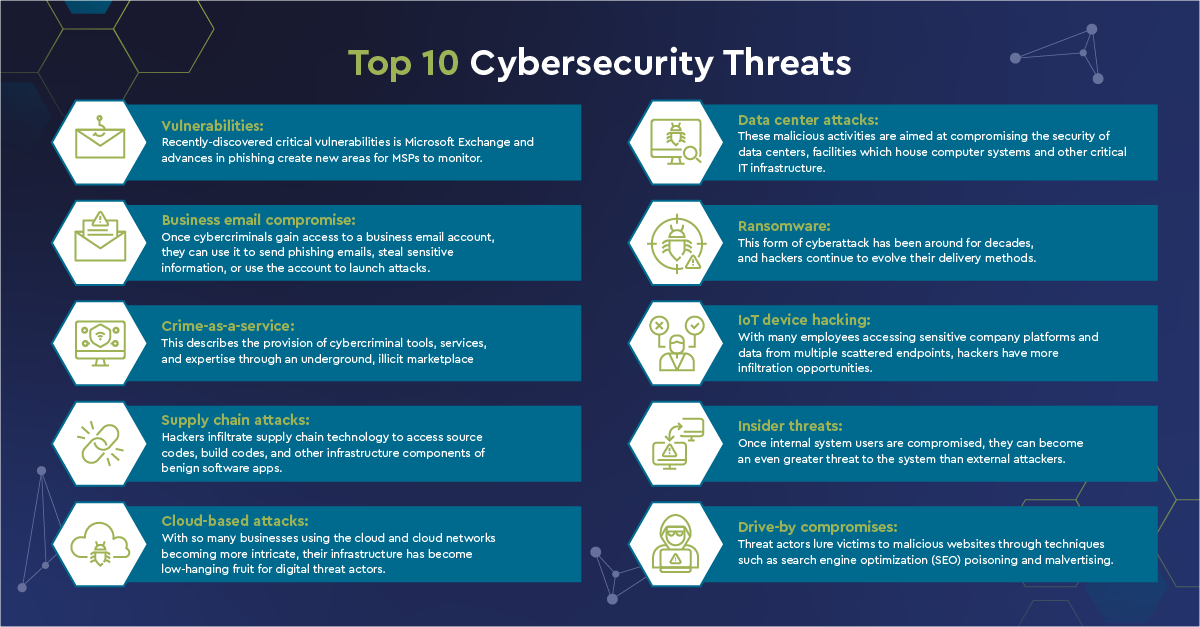Key Features of Cybersecurity and Understand the Importance of Cyber Security
Cyber security is the most important application of technologies, the process and technical controls to protect your systems, secure networks, programs, devices and data from cyber attacks. The main aims to reduce the high level risk of cyber attacks and technically protect against the unauthorised misuse of systems, security layers to defend against data breaches.

What are the key features of cybersecurity?
here are the list of 8 Essential key Features of Cyber Security
- The proactive approach
Cybersecurity involves expect or predict and preventing threats before they occur, rather than simply reacting to incidents.
- The multi layered security defense
Essential cybersecurity requires a combination of strong people, processes, and technology to create a robust security defense against cyber attacks.
- Risk management and assessment
Cybersecurity is about managing and assessing risk, identifying vulnerabilities, assessment of threats, and implementing countermeasures to prevent or mitigate the impact of cyber attacks.
- Interdisciplinary approach
Cybersecurity draws on expertise ( considering different points of view ) from fields such as computer science technology, engineering technology, mathematics, law, and psychology to develop a high level comprehensive understanding of the complex relationships between technology, people, and organizations.
- The monitoring and improvement
Cybersecurity is an ongoing process that requires continuous monitoring performance, assessment, and improvement to stay ahead of emerging threats.
- The people centric leadership
Cybersecurity is not just about industrial technology, but also about people and their behaviors, approach to managing team members requiring strong and effective communication, training, and awareness to prevent human error based cyber attacks.
- Adaptability and flexibility
Cybersecurity measures and assessment must be adaptable to respond to the ever evolving threat landscape and emerging technologies. Adaptability is a person’s ability to easily adjust to changes in their environment.
- Integration with business objectives
Cybersecurity assessment and measures must be aligned with business objectives and risk management tolerance to ensure that security measures are friendly, effective and efficient.

Understand the Importance of Cyber Security and Emerging Threats
Cybersecurity is a very critical and main component of modern technology, encompassing a broad range of high level practices, secure networks, application technologies, and processes designed to sleek, secure and protect digital assets from unauthorized access. The importance of cybersecurity measure cannot be overstated. Cybersecurity is no longer a niche concern, but a fundamental aspect of doing high level business, organisation, communicating, and living in the digital age.

The core of cybersecurity is about managing risk. It involves identifying vulnerabilities, assessing threats, and implementing countermeasures to prevent or mitigate the impact of cyber attacks. Strong cybersecurity requires a multi layered security approach, highly incorporating people, processes, and modern technology to create a robust security defense against an ever evolving landscape of cyber threats. This includes protecting and secure networks, systems, application and all kind of data from malware, viruses, Trojans, phishing, ransomware, and other types of cyber attacks.
One of the top key features of cybersecurity is its proactive approach. Cybersecurity is not a one time job or practice, but an ongoing process that requires high level and continuous monitoring performance, assessment, and improvement.
Another main critical aspect of cybersecurity is its interdisciplinary nature. It draws on high level expertise from fields such as computer science technology, engineering technology, mathematics, law, and psychology to develop a high level comprehensive and strong understanding of the complex relationships between technology, people, business and organizations. Cybersecurity professionals must be able to communicate friendly and effectively with stakeholders, from technical teams to executive leadership, to ensure that security measures are aligned with business and organisation objectives and risk tolerance.

Understand the importance of cybersecurity cannot be overstated. Cyber attacks can have devastating consequences, such as financial loss, reputational damage, and compromise of very sensitive information. If we talk about in recent years, high level profile breaches have highlighted the vulnerability of even the most seemingly protect and secure organizations around the world. For Example, The WannaCry ransomware attack, affected over 200,000 computers across the world around about 150 countries, causing widespread disruption and highly financial loss. The NotPetya attack, which targeted companies in across the Ukraine, as a result in estimated losses of over $10 billion.
According to these threats, organizations and business are investing heavily in cybersecurity measures. According to a recent report, global cybersecurity spending is next level projected to reach $300 billion by 2024. This investment is driving imagination innovation in areas such as artificial intelligence (AI), machine learning, and cloud security system, as well as the next level development of new cybersecurity frameworks and standards.
In conclusion, cybersecurity is a main and critical component of smart and modern technology, requiring a proactive approach, interdisciplinary approach to manage risk and secure digital assets. As the threat world wide continues to evolve, it is essential that business and organizations prioritize cybersecurity measures, investing in high level people, processes, and modern technology to stay ahead of emerging threats. By doing so, we can ensure the integrity and confidentiality of our digital systems, securing our organisation, protecting businesses, our communities, and our way of life.

